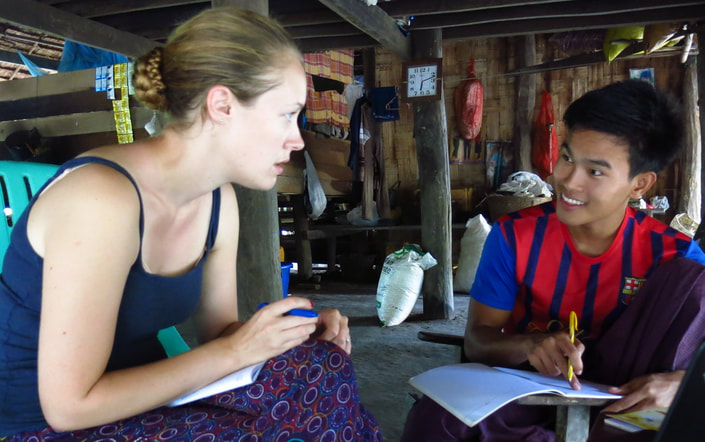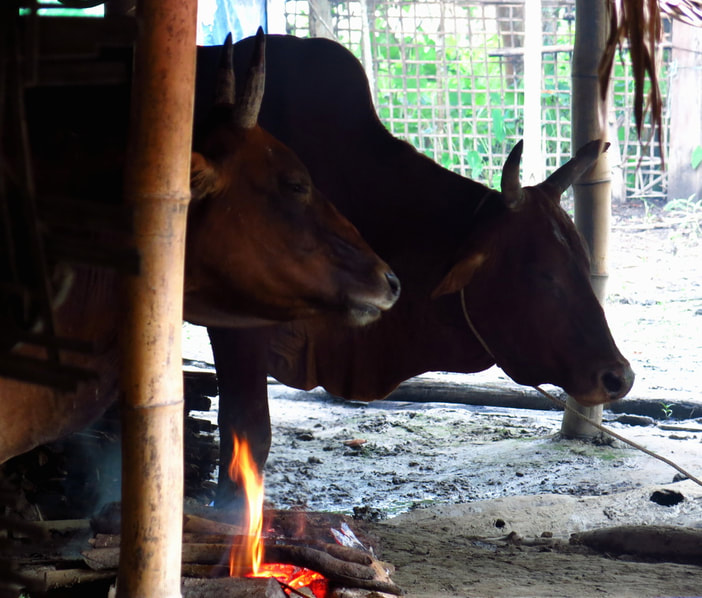|
Very. That’s how. I have trained various students to take the IELTS (International English Language Testing System) test. All of them had one major thing in common; they were European or at the very least comfortable with western culture. Brazilian, Greek or Saudi, they had a reserve of background general knowledge to help them make inferences and assumptions for tough questions. In contrast, my trainee admits that unless he knows the context for the test, he probably won’t know what words or phrases he’s listening or reading for. In one of the practice tests, there were questions about part-exchanging a car. When asked about the transmission, our trainee had no idea what kind of gears are possible. He certainly doesn’t know that 95% of Brits drive a manual while 99% of Americans prefer automatic. And after some sensitive probing, we discovered he did not know how many pedals there might be or what this might signify. Of course, left alone in the wild he would out-survive Van and I by a factor of fifty even if Van and I were allowed to form a team. Unfortunately, the IELTS doesn’t care for survival skills past boy scout knots. I should also mention that the current surroundings in the village are not conducive to listening for specific information. During our hour practice test, we had the entry of two cows into our housing compound, Grandma chanting Buddhist Dhamma for the entirety of the hour, and at least 3 cockerels who thought crowing at full volume was the most appropriate thing to do. Additionally, we had the funeral procession and at least 2 young children come to buy blades and cigarettes for their fathers. Suffice to say that even as native speakers, Van and I found listening hard. Nevertheless, we must push on and fill in as many gaps as we can in background knowledge. The gaps are astounding and unknown; just as the local villagers are amazed and flabbergasted by our inability to catch or gut a chicken or set a fire. Just last night I caught a huge spider with my bare hands who had dared venture inside of our sleep tent. I recognised a sentence uttered by our trainee to his mother over dinner. As we expand our village repertoire, so too must our trainee become familiar with random western trivia. I find it hard to guess what he doesn’t know and so as we practice it becomes more evident that there are many things which I take for granted and assume as innate knowledge which are not. Take for example filling an application form. When filing out his physical address, our trainee said, 'Oh but teacher, just put the telephone number of the person and the postman calls them from the town to fuel up the boat and come to collect whatever package might have arrived.’ I see, well, what on earth should I write on this form then? Just ‘call the mailman and hope for the best;’ I’m not certain that international programs will accept that any more than they would want the name of your pet carrier pigeon.
There are many things about which he seems quite worldly compared to many Myanmar students, but all of a sudden we’ll get caught up on what his physical address is and we’ll be propelled back to the realisation that Myanmar is a country that has only just very recently opened its doors to the 21st century. Chloe Smith NEH Director of Studies and Teacher Trainer Related Posts: Tackling Different Tests Getting to Grips with the Future Data-Driven Decision Making Village Life
Comments
|
This section will not be visible in live published website. Below are your current settings: Current Number Of Columns are = 3 Expand Posts Area = 1 Gap/Space Between Posts = 20px Blog Post Style = card Use of custom card colors instead of default colors = Blog Post Card Background Color = current color Blog Post Card Shadow Color = current color Blog Post Card Border Color = current color Publish the website and visit your blog page to see the results |
|
© New Education Highway 2024
Except where otherwise noted, content on this site is licensed under a Creative Commons Attribution 4.0 International License. |



